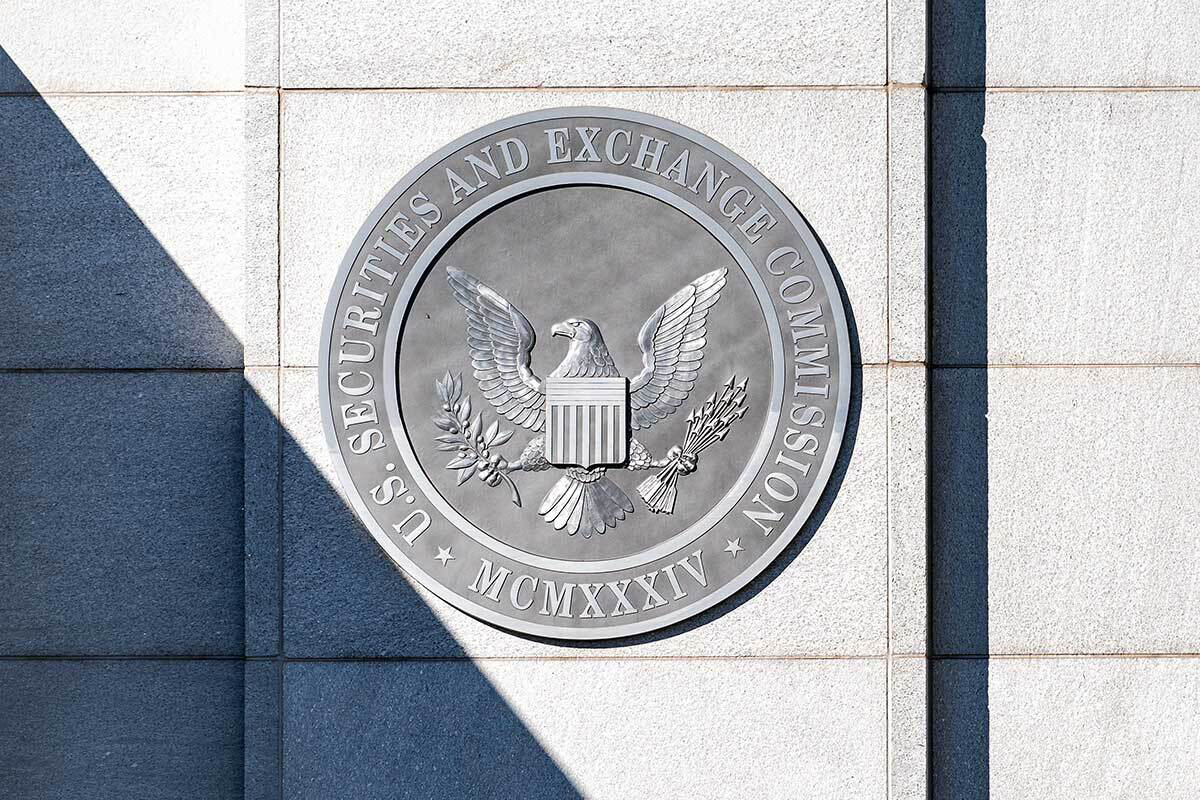SEC Backpedals on ‘Crypto Asset Securities’ Term in Binance Case
14.09.2024 11:00 1 min. read Alexander Stefanov
The U.S. Securities and Exchange Commission (SEC), known for scrutinizing crypto companies over their treatment of “crypto asset securities,” has recently clarified that it never intended to suggest that the tokens themselves are securities.
In a surprising twist amid its ongoing legal action against Binance, the SEC has explained in a footnote of its revised complaint that its use of the term “crypto asset securities” refers to the broader framework of contracts, expectations, and agreements related to these tokens, rather than the tokens themselves. The agency described the term as simply an “acronym” and not indicative of the tokens being securities.
To prevent further confusion, the SEC has decided to discontinue using the term in its lawsuit against Binance and has expressed regret for any misunderstandings.
The crypto community has reacted with skepticism to the SEC’s statement. Jake Chervinsky, Chief Legal Officer at Variant Fund, expressed disbelief at what he views as extreme manipulation on X (formerly Twitter).
Coinbase’s Chief Legal Officer, Paul Grewal, criticized the SEC for inconsistencies, pointing out that the agency refers to XRP as a “digital asset security” in its complaint against Ripple. Ripple’s Chief Legal Officer, Stuart Alderoty, also voiced concerns, labeling the SEC’s position as a “twisted trap full of contradictions.”
Alderoty questioned whether the SEC is admitting that “crypto asset security” is an invented term and whether proving such a classification requires evidence of associated contracts and expectations.
-
1
USA Imposes Tariffs on Multiple Countries: How the Crypto Market Could React
08.07.2025 8:30 2 min. read -
2
UAE Regulators Dismiss Toncoin Residency Rumors
07.07.2025 11:12 2 min. read -
3
Ripple Selects BNY Mellon as Custodian for RLUSD Stablecoin Reserves
09.07.2025 15:28 2 min. read -
4
Majority of U.S. Crypto Investors Back Trump’s Crypto Policy, Survey Finds
05.07.2025 18:09 2 min. read -
5
Robinhood Launches Ethereum and Solana Staking for U.S. Users
11.07.2025 14:30 2 min. read
Why Most Americans Still Avoid Crypto Despite Growing Adoption
Cryptocurrency ownership in the U.S. has grown steadily over the past few years, but it remains far from widespread.
Two Upcoming Decisions Could Shake Crypto Markets This Week
The final days of July could bring critical developments that reshape investor sentiment and influence the next leg of the crypto market’s trend.
Winklevoss Slams JPMorgan for Blocking Gemini’s Banking Access
Tyler Winklevoss, co-founder of crypto exchange Gemini, has accused JPMorgan of retaliating against the platform by freezing its effort to restore banking services.
Robert Kiyosaki Warns: ETFs Aren’t The Real Thing
Renowned author and financial educator Robert Kiyosaki has issued a word of caution to everyday investors relying too heavily on exchange-traded funds (ETFs).
-
1
USA Imposes Tariffs on Multiple Countries: How the Crypto Market Could React
08.07.2025 8:30 2 min. read -
2
UAE Regulators Dismiss Toncoin Residency Rumors
07.07.2025 11:12 2 min. read -
3
Ripple Selects BNY Mellon as Custodian for RLUSD Stablecoin Reserves
09.07.2025 15:28 2 min. read -
4
Majority of U.S. Crypto Investors Back Trump’s Crypto Policy, Survey Finds
05.07.2025 18:09 2 min. read -
5
Robinhood Launches Ethereum and Solana Staking for U.S. Users
11.07.2025 14:30 2 min. read


